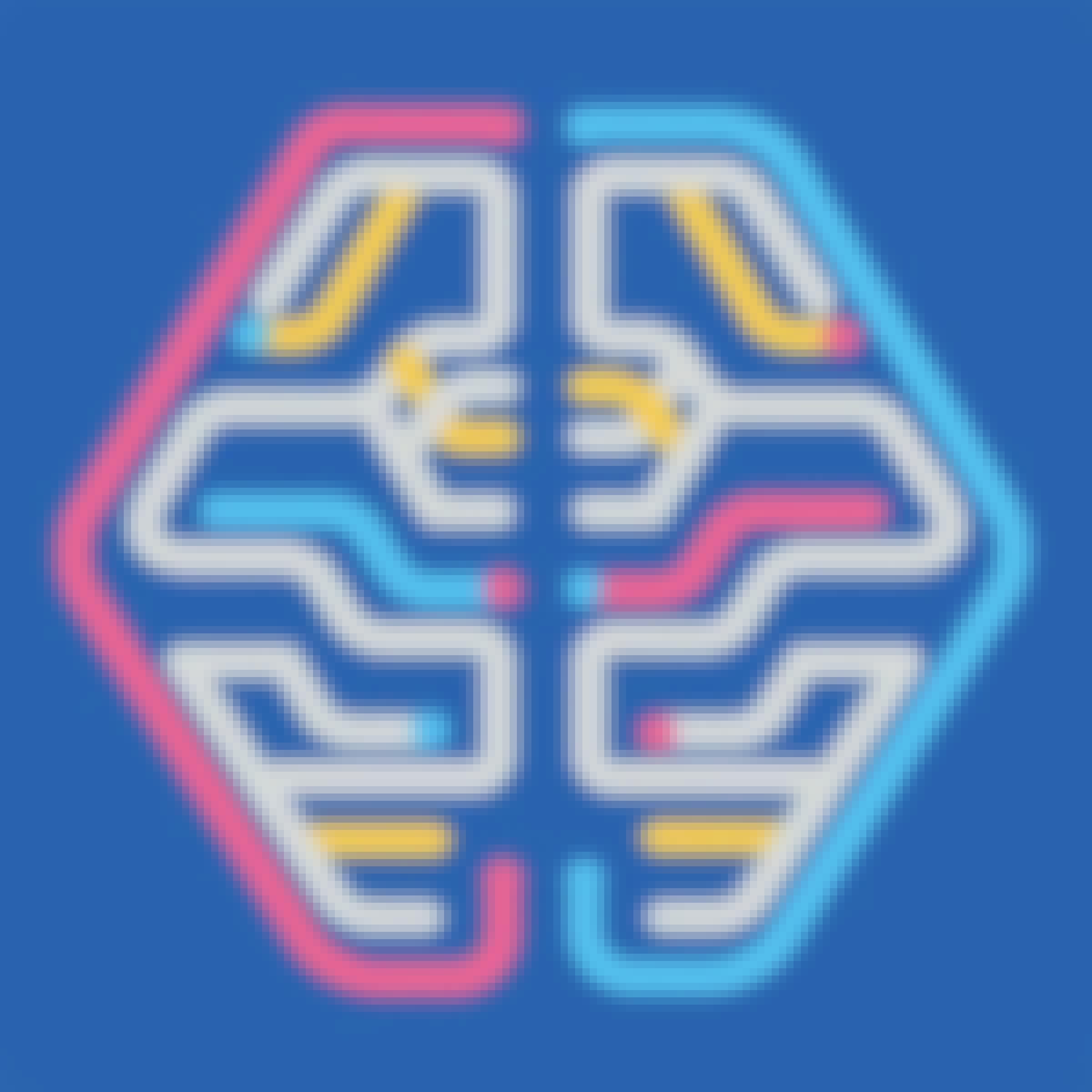Filter by
SubjectRequired
LanguageRequired
The language used throughout the course, in both instruction and assessments.
Learning ProductRequired
LevelRequired
DurationRequired
SkillsRequired
SubtitlesRequired
EducatorRequired
Explore the PyTorch Course Catalog



Google Cloud
Skills you'll gain: MLOps (Machine Learning Operations), Google Cloud Platform, Apache Airflow, Data Pipelines, Kubernetes, Tensorflow, Continuous Deployment, Continuous Integration, Metadata Management, PyTorch (Machine Learning Library), Containerization, Performance Tuning, Machine Learning


DeepLearning.AI
Skills you'll gain: Deep Learning, Natural Language Processing, Tensorflow, PyTorch (Machine Learning Library), Applied Machine Learning, Artificial Neural Networks, Artificial Intelligence and Machine Learning (AI/ML), Machine Learning


DeepLearning.AI
Skills you'll gain: Natural Language Processing, Keras (Neural Network Library), Tensorflow, Deep Learning, Artificial Neural Networks, PyTorch (Machine Learning Library), Artificial Intelligence and Machine Learning (AI/ML), Text Mining, Applied Machine Learning, Machine Learning, Data Processing, Time Series Analysis and Forecasting, Data Ethics


DeepLearning.AI
Skills you'll gain: Deep Learning, Natural Language Processing, Keras (Neural Network Library), Tensorflow, PyTorch (Machine Learning Library), Artificial Neural Networks, Machine Learning Methods, Network Model, Machine Learning, Time Series Analysis and Forecasting, Network Architecture, Algorithms, Probability & Statistics


Google Cloud
Skills you'll gain: Google Cloud Platform, CI/CD, MLOps (Machine Learning Operations), Tensorflow, Data Pipelines, Kubernetes, Metadata Management, PyTorch (Machine Learning Library), Containerization, Machine Learning, Application Programming Interface (API)


Google Cloud
Skills you'll gain: Google Cloud Platform, MLOps (Machine Learning Operations), Tensorflow, Apache Airflow, Data Pipelines, Continuous Deployment, Continuous Integration, Metadata Management, PyTorch (Machine Learning Library), Machine Learning


Google Cloud
Skills you'll gain: MLOps (Machine Learning Operations), Apache Airflow, Data Pipelines, Continuous Integration, Google Cloud Platform, Tensorflow, Kubernetes, Continuous Deployment, Scikit Learn (Machine Learning Library), Containerization, Machine Learning

Skills you'll gain: Generative AI, Google Cloud Platform, Cloud Infrastructure, MLOps (Machine Learning Operations), Big Data, Artificial Intelligence and Machine Learning (AI/ML), Tensorflow, PyTorch (Machine Learning Library), Machine Learning, Cloud API, Natural Language Processing


Imperial College London
Skills you'll gain: Supervised Learning, Data Ethics, Unsupervised Learning, Exploratory Data Analysis, PySpark, Bayesian Statistics, Data Pipelines, Ggplot2, Dimensionality Reduction, Linear Algebra, Data Processing, Big Data, Anomaly Detection, Data Analysis, Data Visualization, A/B Testing, Deep Learning, Unstructured Data, Applied Machine Learning, Learning Strategies
In summary, here are 9 of our most popular pytorch courses
- ML Pipelines on Google Cloud en Español: Google Cloud
- Последовательные модели: DeepLearning.AI
- 시퀀스 모델: DeepLearning.AI
- النماذج المتعاقبة: DeepLearning.AI
- ML Pipelines on Google Cloud - Français: Google Cloud
- ML Pipelines on Google Cloud - 日本語版: Google Cloud
- ML Pipelines on Google Cloud - Português: Google Cloud
- Introduction to AI and Machine Learning on GC - 한국어: Google Cloud
- Master of Science in Machine Learning and Data Science: Imperial College London










